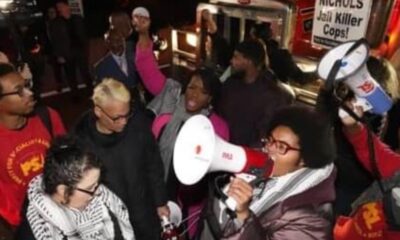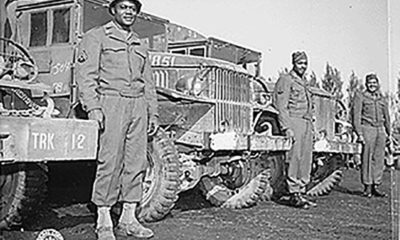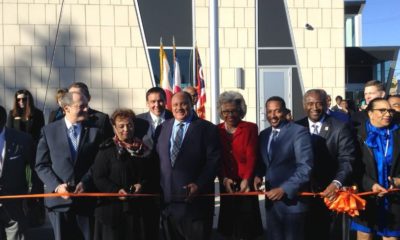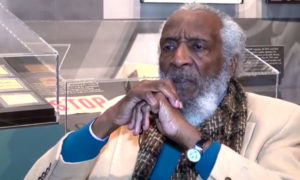March on Washington,politics
Daisy Bates: A Civil Rights Heroine

August 28, 1963 has been defined by many, and in many different ways. It was most surely a culmination of hard labor, and years of planning by the great minds within America’s civil rights struggle. Great men and women; black and white, northerners and southerners had all given of their time, poured out their hearts, allowed the sweat to gather on their brows…pushing themselves beyond their own expectations, in the name of change…and, history.
Yet. If history were fair, if all things were equal – even within this great movement; we would know the names of all those whose sweat dotted the faces late at night; each man and woman who shyly suggested words, phrases to be included in the speeches made by the great orators of the day. America would recognize each architect and laborer who ensured that August 28 would be a day to remember – including the women, the oft-forgotten women of the march, of the movement.
America, history, and the Civil Rights Movement has failed black women; failed to offer young black girls the images so needed; of women who worked in the vineyard, who helped usher in the changes that made America a better America. Even Black Historians have failed to corroborate what too few of us know, that there were black Americans who happened to be women, and who worked tirelessly to realize the dreams and hopes espoused on the stage that day. These were the women of the March who stood proudly besides Dr. King, Whitney Young, Roy Wilkins, A. Philip Randolph, and a young John Lewis on that day.
If all things were fair in history, we would need no reminder that there was a woman, a brave and beautiful leader in her own right, who stood beside the men, and before the hundreds of thousands of Americans, speaking from her heart about justice and equality. That woman was Daisy Lee Gatson Bates of Arkansas. She was a worthy choice. She understood the struggle like few men, and fewer women. She and her husband L.C. Bates had lived the struggle – day in and day out – as they stood up for justice, for equal education for the nine black children who dared integrate the enviable Little Rock Central High School. This orphan and child of the segregated south had turned her hate and bitterness of racism and prejudice into love and hope; had sacrificed her safety, her name, her business, her livelihood for what was right. A woman such as Daisy should never be forgotten, and never be relegated to asking for a place in history.
Yet, Daisy’s speech and the inclusion of other women on the stage that day were last minute decisions. Neither Rosa Parks, nor women like Diane Nash, Mrs. Herbert Lee, or Myrlie Evers can be found on the original program. They were all last minute additions to a program that represented their life work. Daisy, the face and voice of the 1957 Integration Crisis; and a friend of the well-known leaders of the Civil Rights Struggle was a last minute addition.
August 28, 1963 is hardly a date that sticks in most Americans memories…not like July 4, 1776, November 22, 1963, or April 4, 1968…and, now, November 4, 2008 – the election of America’s first African American President. This country’s dramatic racial transition has been hard felt and a long time in coming. When we look back at the struggle, and forward at the mountains that yet stand before us; we must not forget that true equality, true justice, true democracy will require all of us – every man and every woman – to join in, but also to be counted and accorded their just due. Daisy Lee Gatson Bates’ life of contributions deserves at least that.

-

 Black History4 months ago
Black History4 months agoThe untold story of a Black woman who founded an Alabama hospital during Jim Crow
-
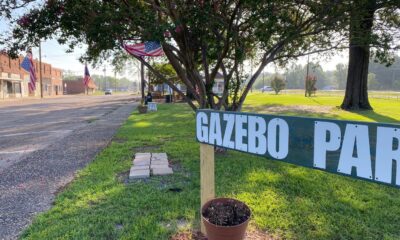
 Featured8 months ago
Featured8 months ago‘No Closure’ In Town Where Five Black Residents Were Either Murdered, Died Suspiciously Or Are Missing
-
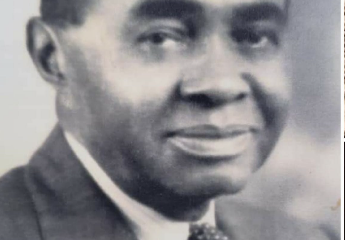
 Black History9 months ago
Black History9 months agoBlack History Lost and Found: New Research Pieces Together the Life of Prominent Texas Surgeon and Activist
-

 Featured8 months ago
Featured8 months agoFounder of “The Folding Chair” Podcast Calls Montgomery’s Brawl ‘Karma’
-
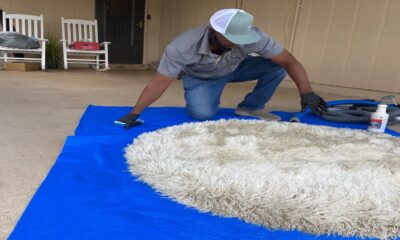
 Featured8 months ago
Featured8 months agoThousands ‘Live Their Dream’ During National Black Business Month
-

 Featured10 months ago
Featured10 months agoJuneteenth And ‘246 Years Of Free Labor’ Are Key To Conversations About Reparations


